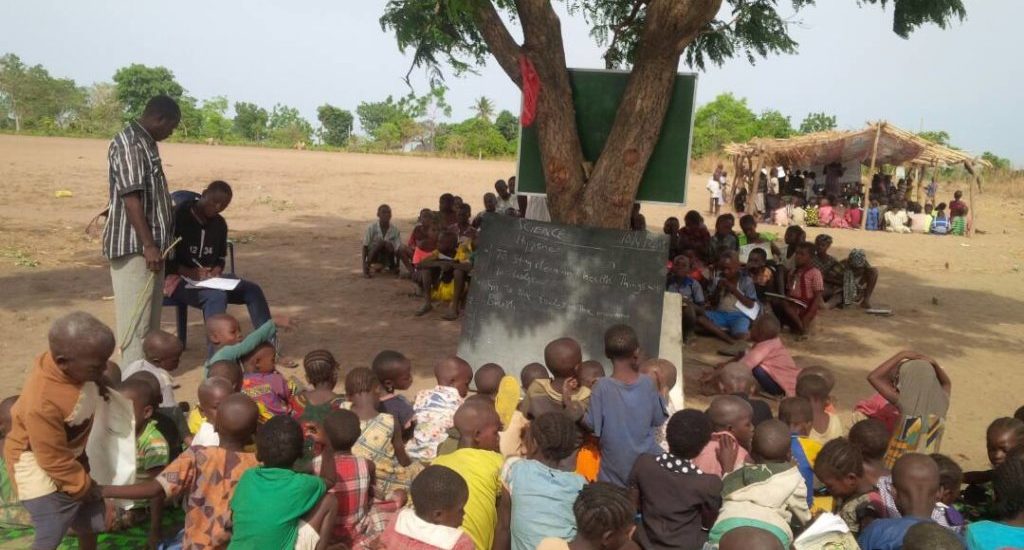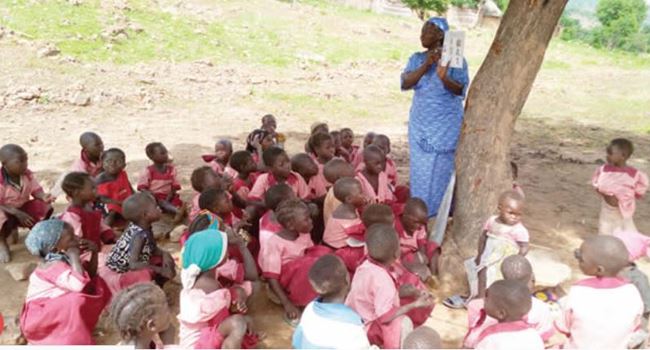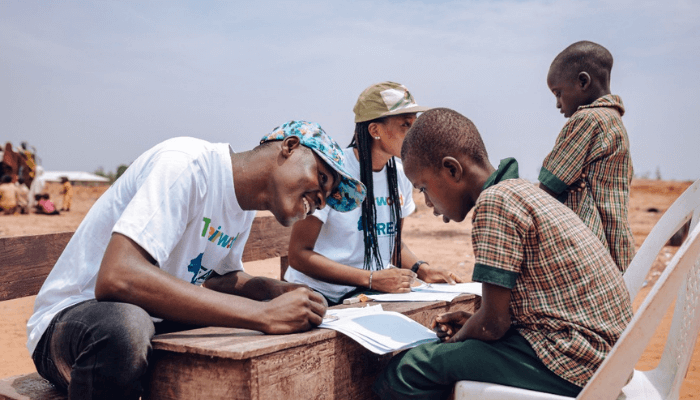Armed Conflicts: When the Noise of Guns Silences Education
- September 9, 2024
- Posted by: Hub Admin
- Categories: Conflict Resolution, Economic Development, Latest News & Events, Poverty Eradication

By Pamela Udejimba & Ogechukwu Emodi
Every child deserves the right to an education. According to United Nations Secretary-General António Guterres, “Education is not only a basic human right in itself but is essential to the fulfilment of all human rights,”
When a child enters a classroom, it should be to expand their mind, not to fear for their life. Yet, in many parts of the world, the sound of gunfire has taken the place of classroom lessons.
The numbers tell a tragic story. The UN Secretary-General’s 2023 Annual Report on Children and Armed Conflict documented 32,990 grave violations against 22,557 children. Countries like Israel, the Democratic Republic of Congo, Myanmar, Nigeria, Somalia, and Sudan are among the most affected. Armed groups and government forces alike have been implicated in abductions, killings, and attacks on educational facilities.
This is not just about statistics or headlines. It is about real children whose futures are stolen because we cannot protect their right to learn. It is about the teachers who take risks to stand in front of a blackboard, knowing that they are as much targets as those they teach.

In the North East of Nigeria, we have seen schools razed to the ground and students and teachers abducted. From the tragic kidnappings of the Chibok school girls to the destruction of schools in these conflict areas, the cost of this violence is not just physical or emotional but also generational. The children who miss out on education today are the adults who will struggle tomorrow.
Inasmuch as this is not just a Nigerian issue, the burden feels particularly heavy here, where access to education has always been a challenge, and now, in conflict zones, it is nearly impossible. How can we build a future when the foundation, education, is crumbling?
This is not a call, however, to look at what is wrong. It is a call for action, for advocacy, for ensuring that we do not allow the guns to have the final say. Education must be protected at all costs because it is more than a right; it is the very backbone of our society. Without it, there is no progress. Without it, there is no future.

Children in internally displaced persons (IDPs) camps as a result of these conflicts and violence often lose access to formal education. To address this, the government, with support from NGOs, should ensure that the temporary learning centres within these camps are equipped with trained teachers and counsellors who can offer psychosocial support to the children.
We cannot allow children to become collateral damage in wars they never chose. We must stand as a global community, as Nigerians, as humans, to ensure that the right to education is upheld.
This day is a reminder that we owe it to every child in North Eastern Nigeria, Middle Belt Nigeria and every part of the world affected by violence to fight for their right to learn in peace.
Reference:
United Nations (2024). https://www.un.org/en/observances/protect-education-day
Featured image: Global Giving

Greats patriotic leaders for impactful session for education for our children.